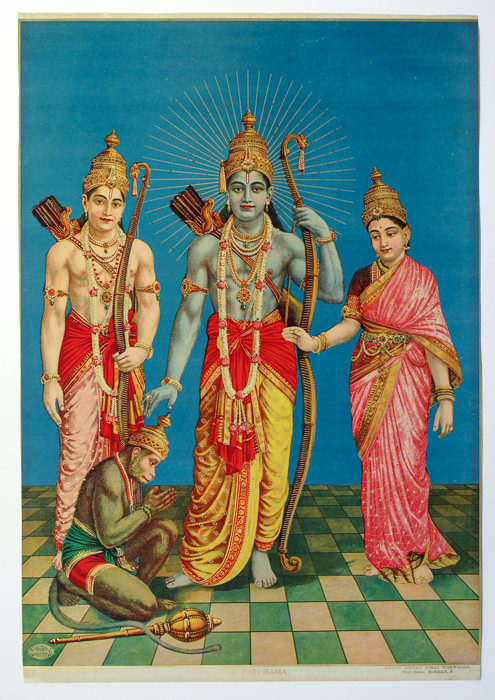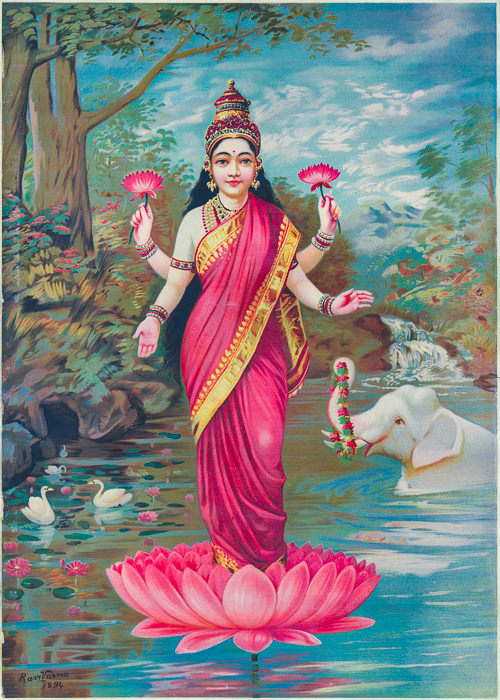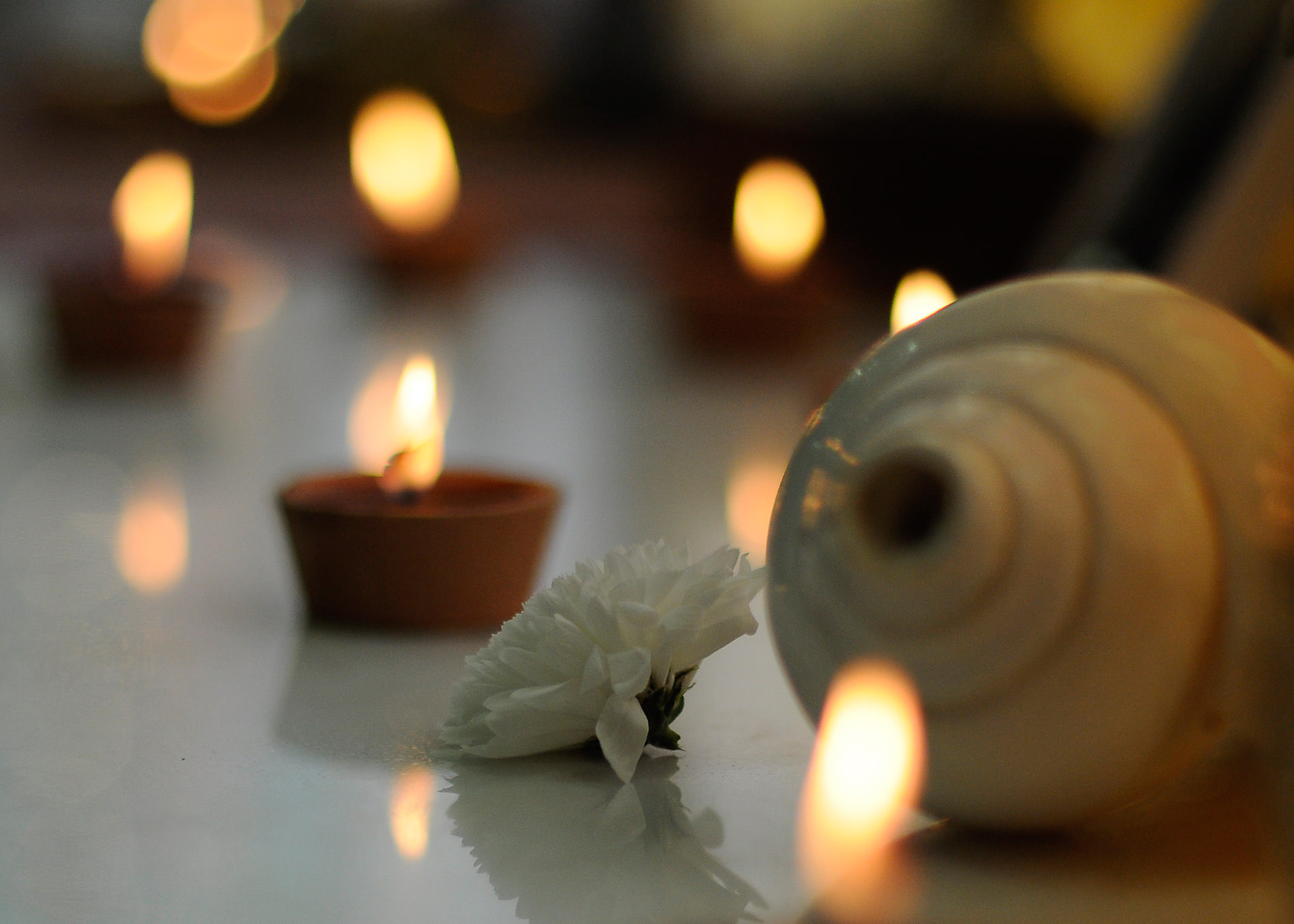Divali is one of the greatest Indian festivals, it is a festival of light that celebrates the victory of light over spiritual darkness. “Deepavali” literally means a series of oil lamps (diyas).
Divali is celebrated on the 20th day after the festival of Dasera, according to the lunar calendar, on the 13th day of the month of Asvin (October-November). It is the day of Amavasya – new moon day.
During Dasera, Lord Rama defeated and killed the great rakshasa Ravana. Ravana kidnapped Rama’s loving wife Sita and took her away with him on the island of Lanka. Together with his brother Lakshman, his big brother Hanuman and his army, after a ten days battle, Rama saved Sita and brought her back to his capital Ayodya. Lord Rama, the incarnation of Vishnu in Treta Yuga, thus victoriously returned to Ayodya after 14 years of being in exile. The citizens of Ayodya garnished the city with flower malas, spread flower petals across the streets and decorated their houses and lit oil lamps to illuminate them. That was a big celebration. Since that day people celebrate Divali in honour of Rama’s victory, the victory of good over evil, the day when oil lamps are lit in all houses and temples (small earthen vessels – diyas).

On that day the beginning of the Hindu New Year is celebrated, a new beginning. To have an auspicious start people always remember and worship Ganesha, so during this time people in their homes offer prayers also to Ganesha, the giver of happiness and wisdom. Houses are cleaned and painted, decorated with special images, and people wear new clothes. It is a family festival where people socialize more, visit each other and exchange gifts. In almost all traditions every festival has a special food prepared at that time, so Divali people serve different selected specialties like burfi, ladu, jalebi, katchori, etc.
Divali is also a festival of Lakshmi, Vishnu’s consort. Mata Lakshmi, Sri (one of her names) is the giver of prosperity and fortune, material and spiritual prosperity alike. It is believed that during Divali Lakshmi visits all who worship her and bestows upon them a special blessing of peace and prosperity. In the night of Divali, in the evening, Lakshmi puja is performed. The traditional puja involves an oil lamp with five deeps (wicks), a traditional prasad made especially for that occasion is offered, and bhajans and kirtans dedicated to Lakshmi are sung. After puja and prayer, oil lamps (diyas) are lit throughout the house and outside of it so that the light can come in, and the darkness disappear.

